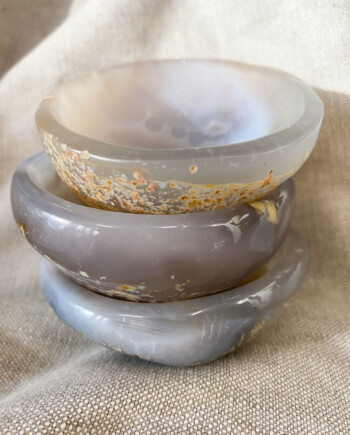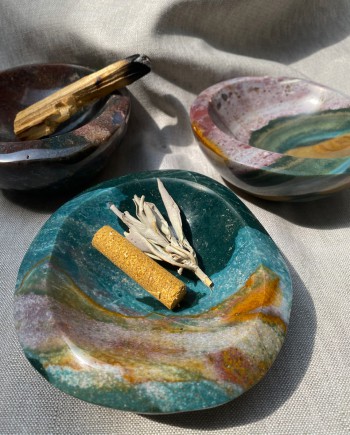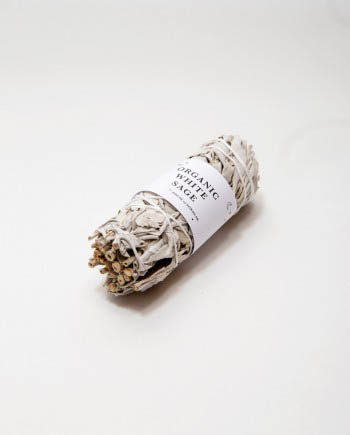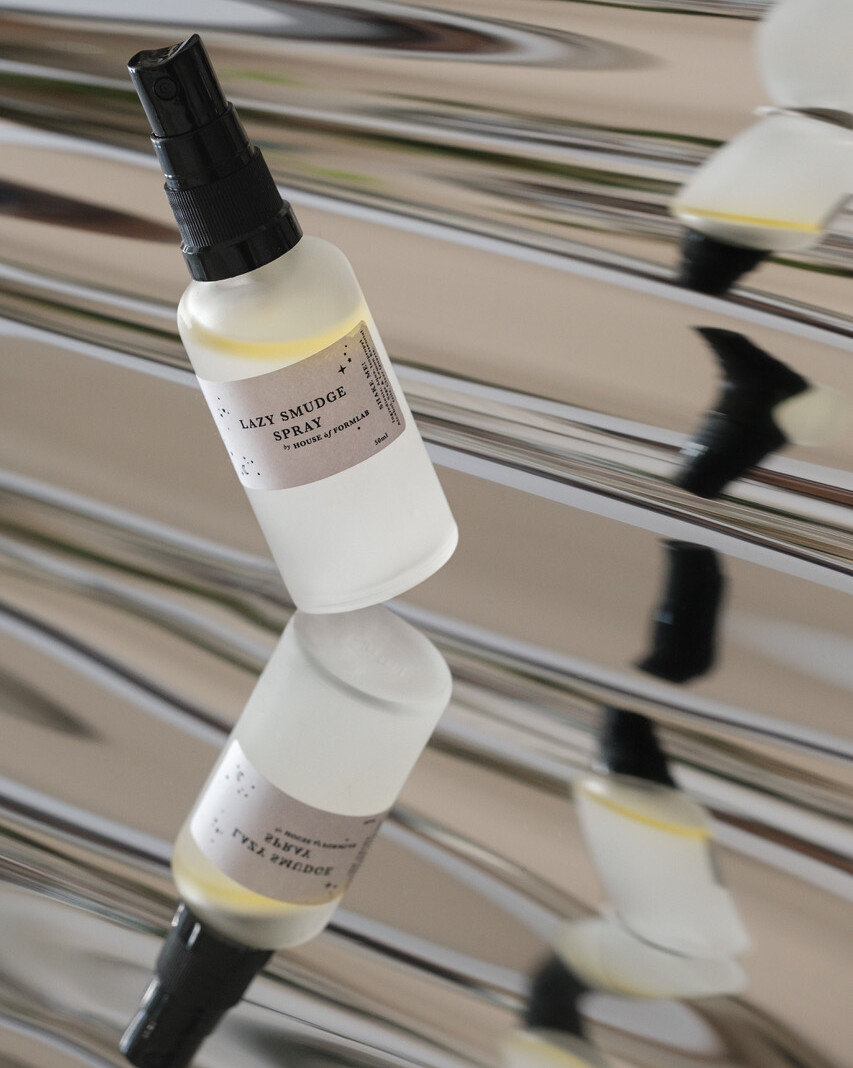Our thoughts on the Abalone industry
At House of Formlab we have decided against stocking Abalone shells despite many requests. In this blog, we will share with you a brief summary of our research into this industry and hopefully give you an insight into our position.
In short.
- Farm-based origin sourcing has been nearly impossible, meaning we can tell you which country it came from, sometimes even which region, but not which farm.
- If we can’t tell you which farm it came from then we can’t guarantee that this animal had good standards of welfare or was sustainably farmed.
- Here at House of Formlab we believe animals have rights, even shellfish, so we have taken the decision not to stock Abalone Shells.
The long answer.
An abalone is actually a large flattened sea snail from the Haliotidae family. Its meat (foot muscle) is considered a delicacy and the abalone is mainly farmed via aquaculture for the food industry. Small parts of the abalone shell are used for mother-of-pearl while whole shells are used for decoration and in metaphysical practices including smudging, smoke cleansing and jewellery recharging.
Wild abalone is threatened with extinction due to overfishing, poaching and the acidification of the oceans due to carbon dioxide emissions. White[1] and black[2] abalone are on the US federal endangered species list. It is thought that only on rare occasions wild, illegally caught abalone shells enter the supply chain so you can almost be sure that the shells you see in stores are the by-product of aquaculture farming for the seafood industry in much the same way that leather is a by-product of the beef industry.
Abalone aquaculture farming takes place in China, Taiwan, Japan, and Korea. Abalone is also farmed in Australia, Canada, Chile, France, Iceland, Ireland, Mexico, Namibia, New Zealand, South Africa, Spain, Thailand, and the United States[3].
Now here’s the issue: Wholesalers usually know the country of origin, that their abalone is not from an endangered type, and that they were imported legally. However, it is harder for them to know who farmed them or if animal welfare standards were high.
Some abalone farmers do an amazing job of keeping their animal stock healthy, are certified organic, and feed them with fresh kelp and algae — their natural diet. However, there are other farmers who for example feed the abalone pellets made of fish meal (ground-up fish)[4] — the abalone is a herbivore (vegetarian) and yet they are fed with other fish. Some aquaculture operations also use machine grading (sizing) which often causes noticeable stress in the animal, shell damage and they have to be anaesthetized with CO2 for this to be undertaken[5]. If knives or ab-irons have to be used to release the abalone from its position this can cause bleeding and death due to the abalones lack of blood clotting ability [5].
As there is currently insufficient farm source tracing for shells, many suppliers never really know from which farms their abalone shells came from and thus they cannot guarantee animal welfare.
Abalone Shells are a product that was home to a living creature and as such many of us would like to know how that animal was treated. Here at House of Formlab we source as ethically as we can. We, therefore, cannot in good conscience stock abalone as at this time we cannot give our customers the guarantee that the abalone was ethically farmed.
*Disclaimer. This is based on our personal views and experiences. Other stores may have established links with reputable, sustainable, organic aquaculture farmers and feel confident in their treatment of the Abalone. We have yet to find a reliable source although we have heard rumour of good, red Abalone farms in California[6] and France.
References:
[1] https://www.fisheries.noaa.gov/species/white-abalone
[2] https://www.fisheries.noaa.gov/species/black-abalone
[3] https://en.wikipedia.org/wiki/Abalone
[4] https://www.ft.com/content/c20eb626-68b7-11ea-800d-da70cff6e4d3
[5] http://etd.uwc.ac.za/xmlui/bitstream/handle/11394/2745/van%20der%20Merwe_MSC_2008.pdf;jsessionid=70D4462E81C504C5D9F7EF6218459984?sequence=1
[6] https://www.pacificcoastsoapworks.com/products/abalone-shell-natural-and-ethically-harvested
Further Reading:
https://www.nationalgeographic.com/news/2017/02/wildlife-watch-abalone-poaching-south-africa/
https://www.aquarium.co.za/blog/entry/everything-you-need-to-know-about-abalone





Minah
Thank you for this research and summary 🙏🏾